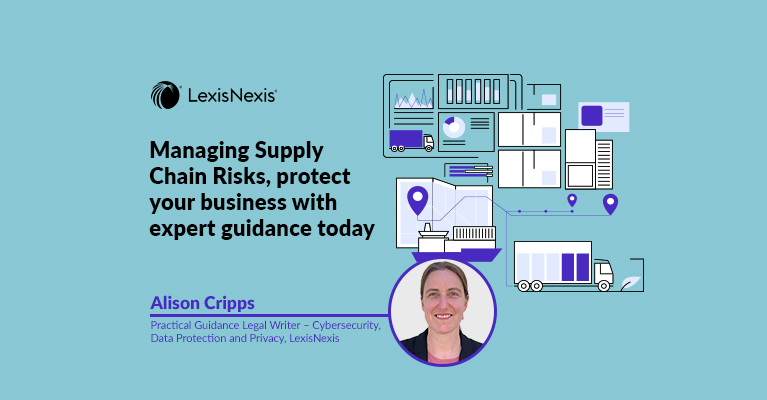The use of artificial intelligence in legal practice continues to mature. While early adoption focused on discrete applications such as drafting assistance, document summarisation, and research support...
Introduction Artificial intelligence is reshaping the ways organisations manage the entire employment lifecycle, from screening resumes and identifying potential candidates to supporting employee development...
Authored by Jennifer Raphael , Senior Legal Writer, Construction. 2026 is shaping up to be a pivotal year for construction law in Australia. Across multiple jurisdictions, governments are moving from...
Across Australia and New Zealand, legal professionals are embracing a new era of AI-powered transformation. At the 2025 LexisNexis Legal AI Showcase , hundreds of attendees tuned in to see how Lexis...
Authored by Seeta Bodke , Head of Product - Pacific, LexisNexis® Legal & Professional At LexisNexis, our mission is to advance the rule of law through responsible innovation. The launch of Protégé General...

In today’s digital landscape, businesses rely on technology to drive operations and maintain a competitive edge. However, this reliance often involves complex supply chains and outsourcing arrangements that introduce significant risks if not managed effectively. Imagine a network of suppliers, manufacturers, and service providers working together to deliver products and services globally.
While outsourcing can provide cost savings and specialised expertise, it also poses risks such as data breaches and loss of control over IT infrastructure. For instance, a provider failing to meet service levels can leave businesses vulnerable, especially in industries with strict regulations on data protection and cybersecurity.
The Role of Lawyers
Lawyers play a crucial role in mitigating these risks through well-crafted contracts. Key provisions should include:
-
Service Levels:
Clearly defined metrics and remedies for non-compliance. -
Data Privacy:
Clauses addressing confidentiality and breach notifications. -
Business Continuity:
Plans for disaster recovery to ensure uninterrupted service.
In cases of non-performance, clauses that allow for contract termination and transition of services act as emergency exits, enabling businesses to navigate challenges effectively.
Protecting Interests
It's vital to establish clear intellectual property ownership and liability limitations to prevent disputes. As businesses increasingly rely on technology providers for services like cloud computing and AI, understanding the legal implications of these relationships becomes essential.
Comprehensive Guidance
Our topic on Managing Risks in Supply Chains, in Practical Guidance Cybersecurity, Data Protection & Privacy, assists practitioners to understand and mitigate these risks. It covers the fundamentals of supply chain contracting in our Fundamentals of Supply Chains subtopic as well as in-depth practical guidance on issues specific to technology supply chains in IT outsourcing, cloud outsourcing, and IoT and payments systems outsourcing.
We also offer practical checklists, such as:
- Checklist for Logistics Contracts
- Checklist for Manufacturing Contracts
- Checklist for Service Contracts
- Checklist for Goods Contracts
These tools help allocate risk and responsibilities effectively among supply chain participants.
Conclusion
In a technology-driven world, understanding the complexities of supply chains is crucial. Equip yourself with the knowledge to navigate these challenges effectively. Explore our module on Managing Risks in Supply Chains today.




